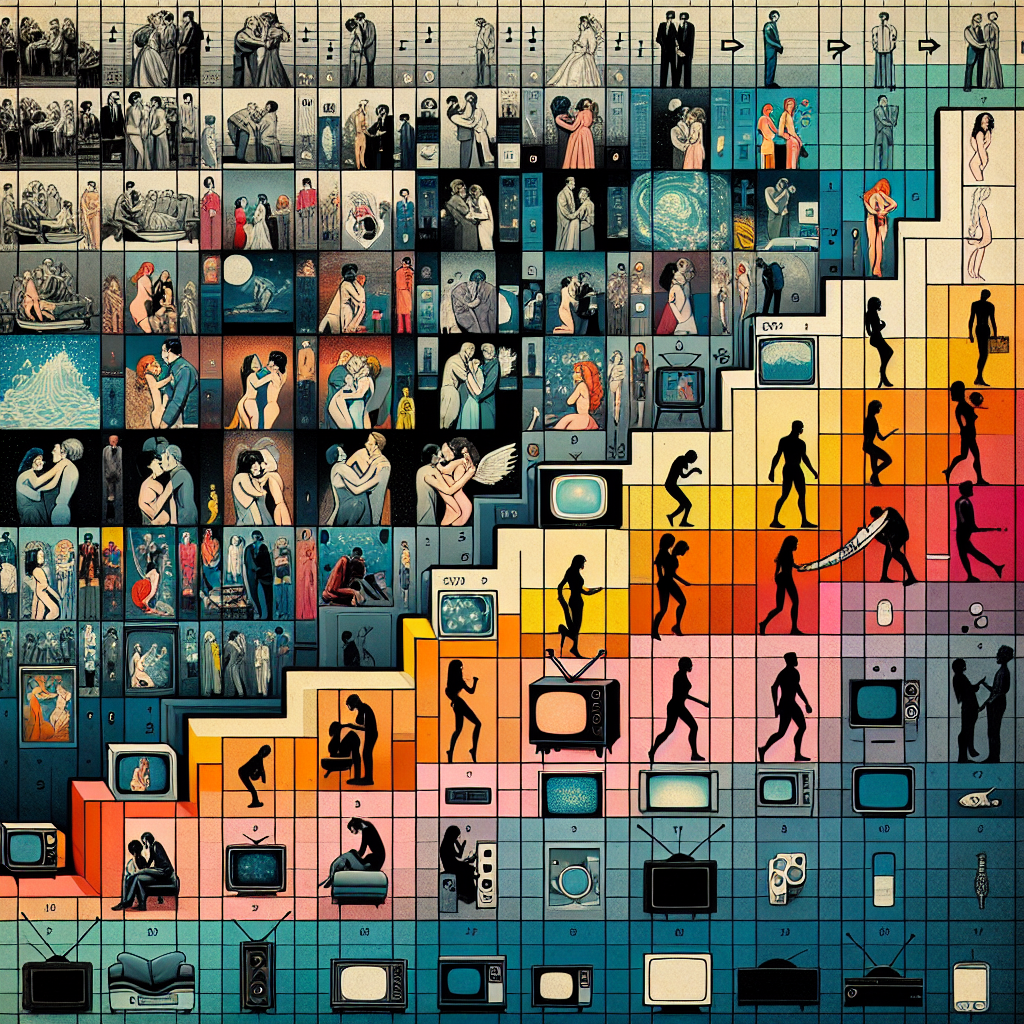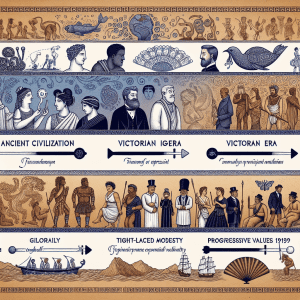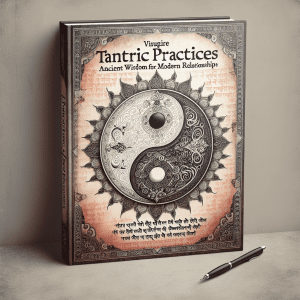The Influence of Media on Sexuality: How Movies and TV Have Shaped Our Views
The silver screen and television have long held sway over public perceptions, not just in fashion trends or catchphrases, but significantly in shaping our views on sexuality. As the curtains of the past reveal, film and television have been powerful, and often unexpected, influencers in how we perceive sexual norms and relationships.
A History of Influence: Sex Through the Ages of Cinema and TV
The romance between media and sexuality began with the early days of Hollywood. From the audacious flapper culture of the 1920s to the provocative swing of the 1960s, each decade has brought its own cinematic flavor to how audiences understand and express sexuality. It’s not just about pushing envelopes; it’s about redefining them.
- The Early 1900s: Silent films like “Pandora’s Box” introduced complex notions of female sexuality.
- The 1950s: Television sitcoms like “I Love Lucy” subtly hinted at marital sexuality while adhering to conservative norms.
- The 1980s: Films like “Dirty Dancing” showcased more liberated depictions of sexual exploration.
Today, media continues to evolve, reflecting and shaping society’s ever-changing attitudes towards sexuality.
Modern Media and Its Ongoing Impact
Fast forward to the present day, and we see an even more elaborate tapestry of sexual norms painted by both Hollywood and the plethora of streaming platforms. Whether it’s through groundbreaking series like “Orange Is the New Black” or captivating films like “Call Me By Your Name,” modern media continues to showcase diverse sexual identities and experiences. But what does this mean for the average viewer?
- More Representation: There’s a greater variety of LGBTQ+ representation, helping to normalize diverse sexual orientations and identities.
- Open Dialogues: Shows such as “Sex Education” have opened up important conversations surrounding sexual health and education.
- Breaking Taboos: Programs are increasingly addressing previously taboo subjects, breaking down barriers and encouraging empathy and understanding.
Media’s Role in Shaping Expectations and Realities
While media can positively influence sexual education and inclusion, it can also contribute to unrealistic expectations. The notion that romance should mirror the passionate, often exaggerated portrayals seen on the screen can lead to discrepancy between expectation and reality. We’re waiting for our lives to become as seamless as a perfect movie script. Spoiler alert: Life isn’t often scripted.
Moreover, these platforms can create pressure to conform to certain beauty standards or sexual prowess often glamorized in film and TV. So, while Hollywood may offer a window into different worlds, it’s essential to understand the difference between fantasy and reality.
Alternative Platforms for Mature Content
In addition to traditional media, the digital age has ushered audiences towards alternative platforms for accessing 18+ content. Various online portals and channels provide a space for mature audiences to explore this material outside the conventional media sphere. For those seeking such venues, the Best Mature Content Telegram Channels offer a discreet and diverse array of content catering to adult audiences, effectively broadening the landscape of how we engage with sexual content.
The Comedy of Errors: Laughter as a Tool!
Ah, how could we forget the power of laughter? Comedy is often used to navigate tricky subjects like sexuality. Shows that inject humor into their storytelling—think “Friends” or “Saturday Night Live”—often make dialogue around sex less intimidating, normalizing conversations by making audiences at ease while they chuckle at the folly of it all. Because as we all know, no one’s first kiss was ever as perfect as Hollywood makes it out to be—unless you’re a leading character, and let’s face it, there’s often no script for that!
Conclusion: Media as a Mirror to Sexuality
It’s evident that movies and TV are both a reflection and an influencer of societal attitudes towards sexuality. As we continue to consume these media formats, it’s crucial to remain aware of the narratives they create and the realities they might mask. In the end, while the credits roll in the cinema, the script of our own lives—and loves—is one we write ourselves, with media playing only a supporting role.
So next time you grab the popcorn for a movie night, remember: you’re not just there to be entertained. You’re participating in the ongoing evolution of how we view the intimate intricacies of human sexuality.



